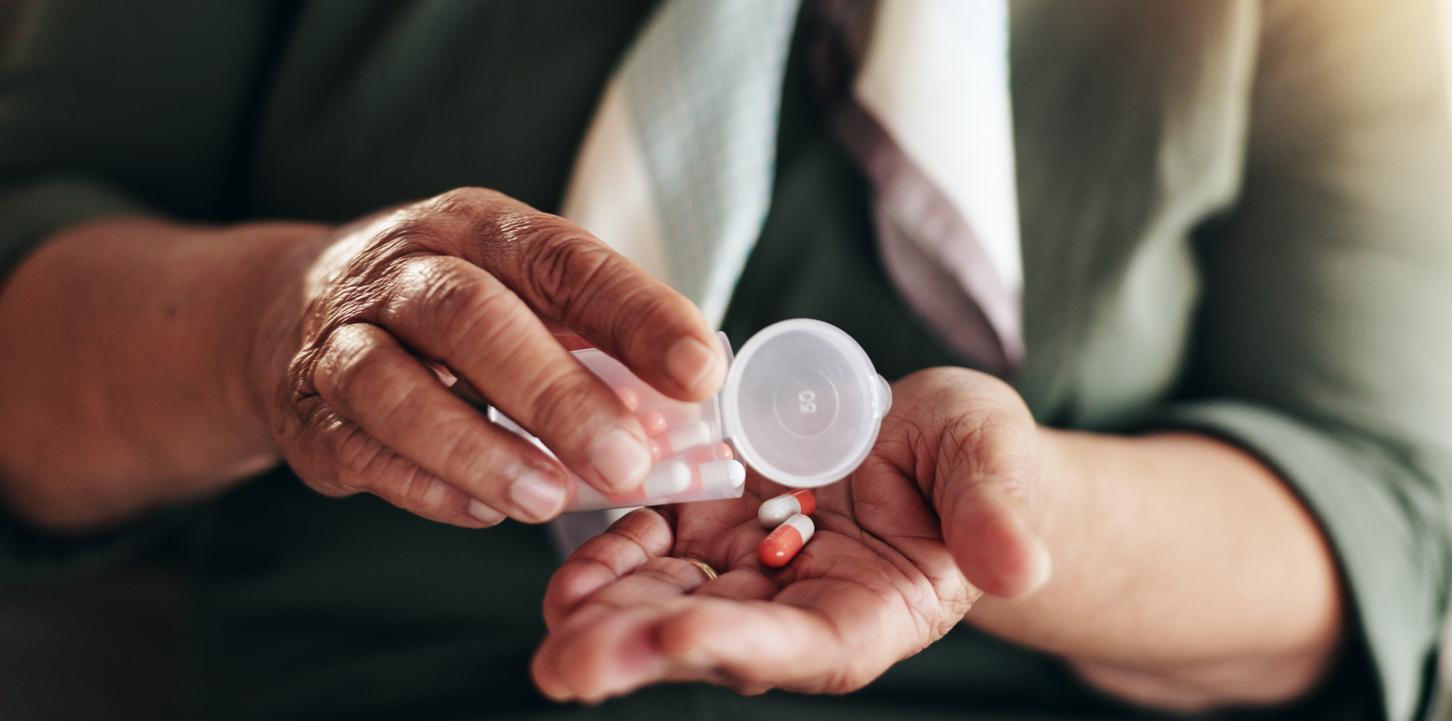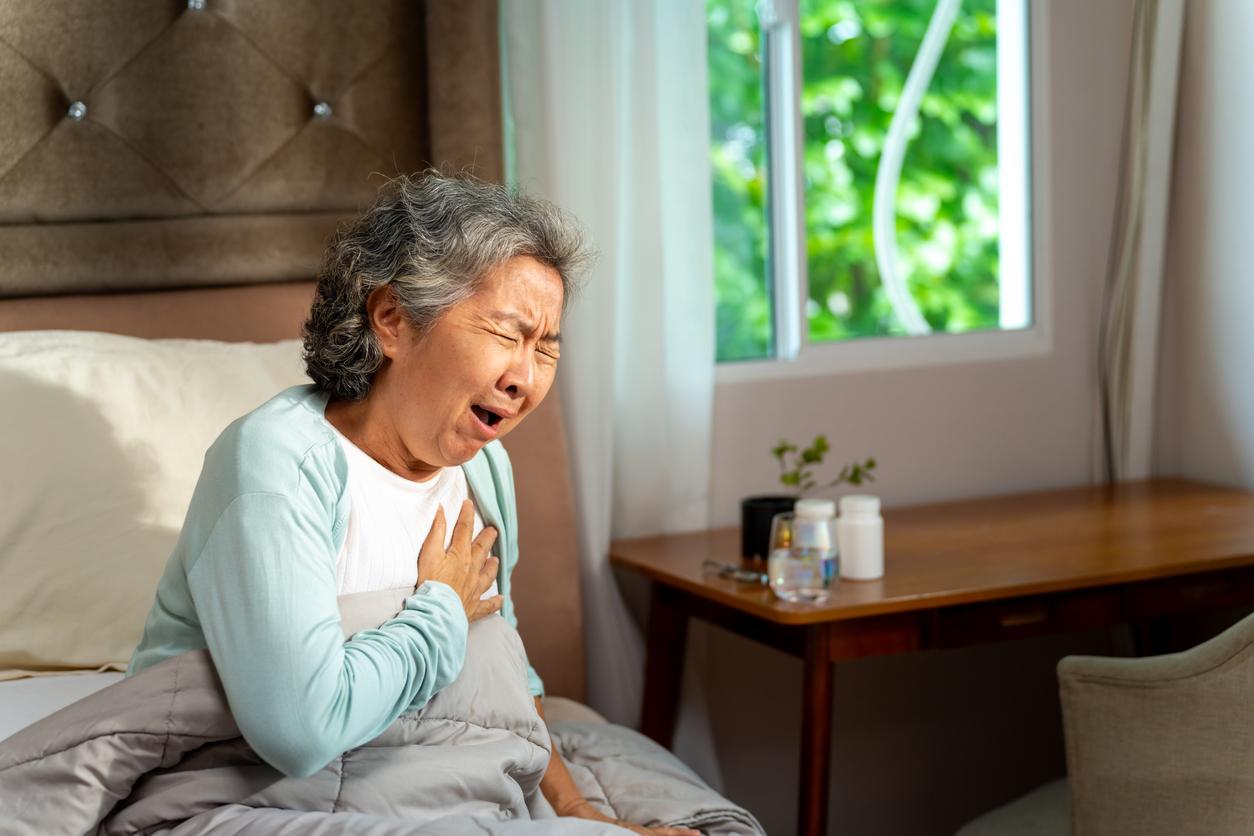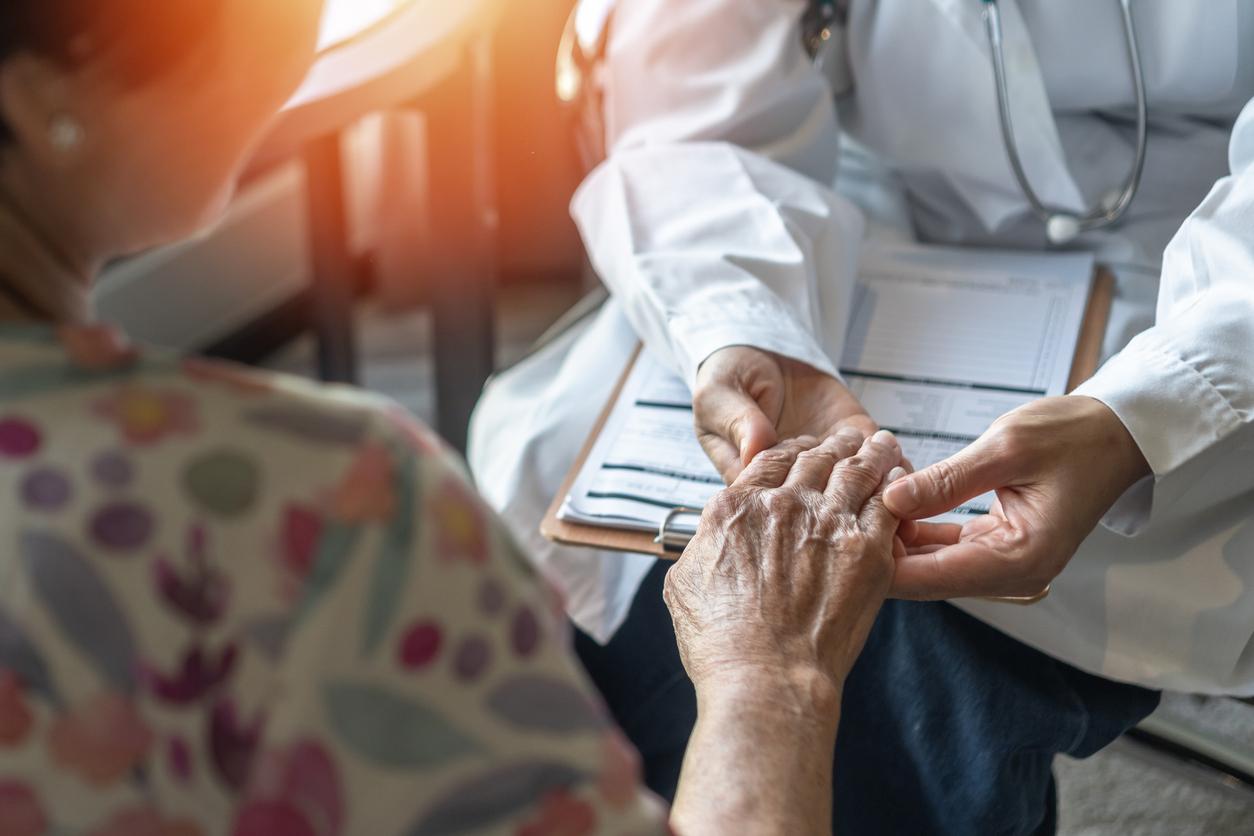Trois-Rivières, April 5, 2003 – According to Eric Serejski, vice-president of the Federation of Acupuncture and Oriental Medicine Regulatory Agencies, traditional oriental medicine is developing in the United States within legislative and regulatory frameworks which herald a complicated future.
Let us judge: only 39 of the 50 American states regulate the profession and they do so without any coordination, some states granting full status to acupuncture and oriental medicine, others having entrusted the medical orders with the supervision of acupuncturists. Some states require national certification, others have state exams. Some have “grandfathers” clauses allowing acupuncturists who practiced before the creation of a professional order to be recognized, but this recognition does not allow the acupuncturist to practice elsewhere than in the State where he was granted recognition. .
In addition, only the State of Hawaii has made acupuncture an act reserved exclusively for acupuncturists, everywhere else, according to local laws, doctors, chiropractors, osteopaths, nurses, naturopaths and podiatrists who can use the needle in the context of their practice.
Non-acupuncturists who use acupuncture as part of their practice have generally received training ranging from 100 to 200 hours. In contrast, the 50 recognized acupuncture schools give their graduates a three- or four-year training course, equivalent to a university master’s degree. In addition, points out Mr. Serejski, there is a real tendency to give future acupuncturists a much more advanced Western medical training, and to bring studies to the doctorate level. This trend heralds other problems, he believes, as acupuncturists would then have the training to use Western medical tools, such as the stethoscope, but would not be allowed to use them.
In recent years, the Federation of Acupuncture and Oriental Medicine Regulatory Agencies, which brings together 15 of the 39 professional orders of American acupuncturists, has been trying to reorganize the profession, but it has come up against the reluctance of medical orders that have acupuncture in guardianship.
In short, if the quality of education continues to increase in the 50 schools accredited by the Accredition Commission for Acupuncture and Oriental Medicine, a private organization whose role is recognized by the United States Department of Education, the legal framework for the profession and its practice are subject to the vagaries of the laws of each State and to the tensions that may exist with other health professionals interested in using the needle in their practice.
The future promises to be cloudy and full of tension.
Christian Lamontagne – PasseportSanté.net
Serejski Eric. Legal aspects of acupuncture in the United States. Communication presented at 1er International acupuncture congress of the Ordre des acupuncteurs du Québec, Trois-Rivières, April 5, 2003
To know more
Federation of Acupuncture and Oriental Medicine Regulatory Agencies. www.faomra.org/
American Association of Oriental Medicine. www.aaom.org
Accredition Commission for Acupuncture and Oriental Medicine. www.acaom.org/















